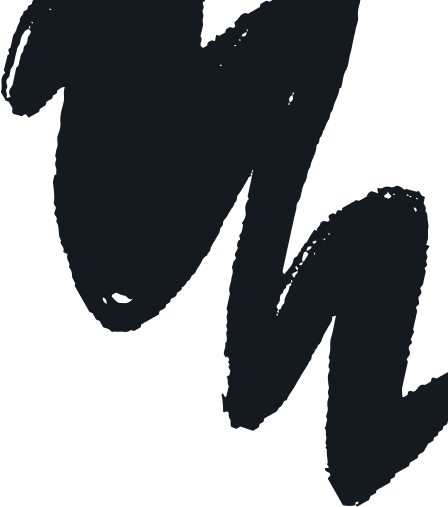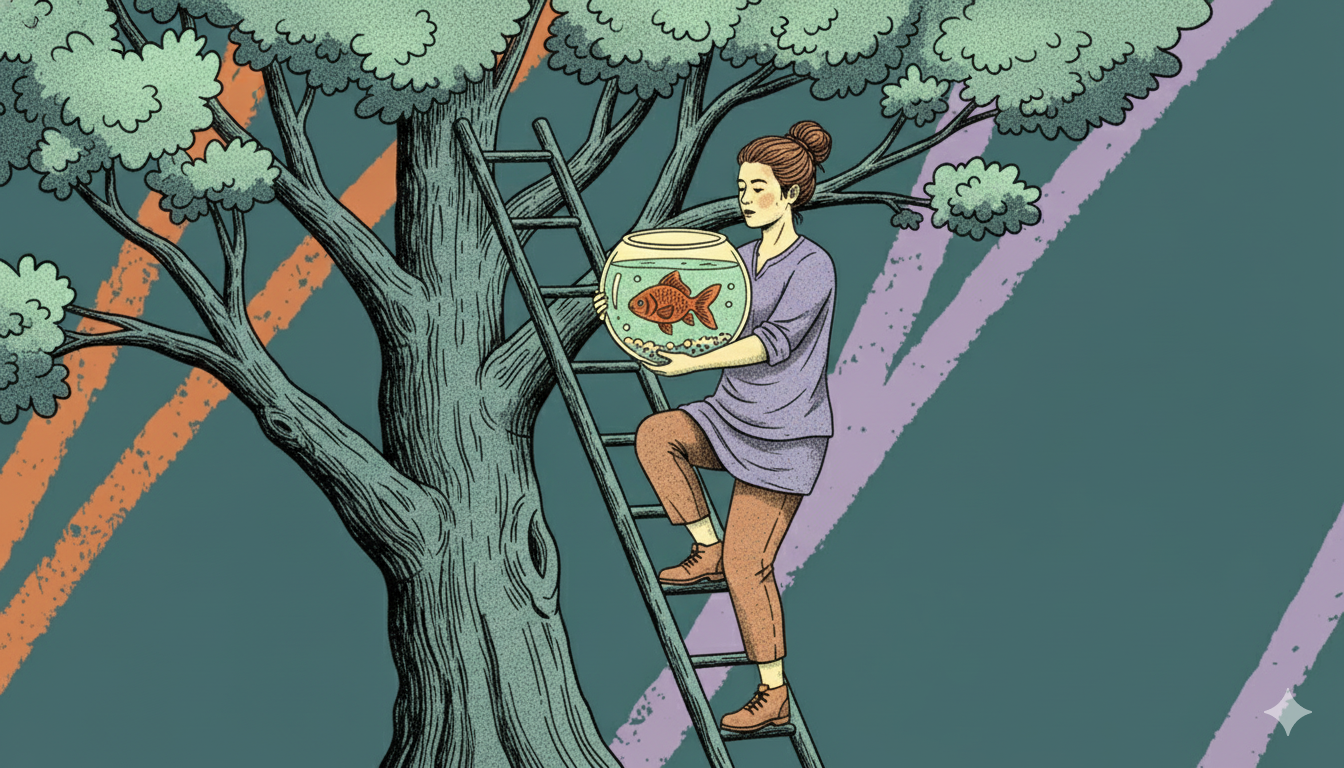.png)
Kindergarten Homeschool Curriculum: A Guide to Freedom-Based Learning
Kindergarten Homeschool Curriculum: A Guide to Freedom-Based Learning
Kindergarten Homeschool Curriculum: A Guide to Freedom-Based Learning
If you listen to the collective voice of the $10 billion curriculum industry, the message is clear: your five-year-old is already behind. If they aren't coding apps between violin practice and advanced phonics, they are missing out.
At OpenEd, we reject that premise.
We believe the kindergarten year offers a unique window to establish a foundation of curiosity, self-direction, and personalized learning. Open education at this age is about creating a "school without walls"—an approach that preserves your child's natural learning abilities while preparing them for a future that demands creativity and adaptability.
This guide synthesizes insights from our community of 20,000+ families and our own team of teachers. We have sifted through the noise to find the tools that actually work in a real home environment.
Best of all: For families in Nevada, Kansas, Utah, and a growing list of 9 states, almost every resource listed below is available at no cost through OpenEd.
Kindergarten Math Homeschool Curriculum
Parents often worry if their child is "ready" for a math curriculum. A better question is whether the curriculum is ready for the child. Dr. Ruth Beechick advises that young children learn math best through real-life experiences—counting stairs, sorting laundry, and measuring ingredients—rather than abstract symbols.
However, having a structured guide can provide peace of mind. Our team recommends programs that prioritize "number sense" and hands-on engagement.
Continue reading on the OpenEd blog
OpenEd Staff Picks
- Math with Confidence: Staff member Hayley Black recommends this for its "game-heavy" approach. "It’s engaging, very comprehensive, and good for kids that like playing games." It builds a solid foundation without feeling like a chore.
- Time4MathFacts: For families who want a digital supplement, staff member and parent Danielle Randall says, "As a parent, I really love Time4MathFacts and have used it with two of my kids." It turns fluency practice into a fun, independent activity.
- IXL Math: Karalee Sartin notes that IXL offers a complete, credit-worthy option for kindergarten math that adapts to your child's skill level, ensuring they are challenged but not overwhelmed.
Handwriting Homeschool Curriculum
Writing begins in the muscles of the hand, long before a child picks up a pencil. Pushing fine motor tasks too early often creates frustration. The goal in kindergarten is to build strength and correct grip gently.
OpenEd Staff Picks
- Handwriting Without Tears: This is a perennial favorite. Staff member Kirsten Carroll states simply, "I love Handwriting Without Tears." Its multi-sensory approach—using wood pieces, tiny chalkboards, and songs—makes letter formation intuitive and developmentally appropriate.
- Pre-Writing Play: Before buying a workbook, focus on large-scale movements. Drawing with chalk on a sidewalk or painting on an easel helps children internalize letter shapes without the pressure of staying between lines.
Reading and Literature Homeschool Curriculum
The normal age for reading readiness spans from 4 to 10 years old. Dr. Peter Gray has documented numerous cases of children who learned to read with minimal formal instruction simply by living in a language-rich environment.
Your primary curriculum should be a library card. Read aloud daily. However, when you are ready for phonics, our team suggests these proven resources.
OpenEd Staff Picks
- All About Reading: Rachael Davie (OpenEd Lead) calls this a "fabulous phonics curriculum." It uses a multi-sensory, mastery-based approach that ensures no gaps in understanding.
- Logic of English: Hayley Black is emphatic: "100% go with Logic of English. The online supplement is amazing and it’s a fantastic structured literacy program." It combines phonics, reading, and spelling into one cohesive system.
- First Language Lessons: For a gentle introduction to grammar and usage, Erica Michaelis recommends this resource, noting she used it successfully with her own daughter.
- Waterford Early Learning: For a comprehensive digital option, Jamie Lesko shares that her son "learned to read and do math completely independently because of Waterford," and actually looked forward to using it every day.
- Teach Your Child to Read in 100 Easy Lessons: A classic phonics-based program that many families swear by. It's structured, affordable, and designed for parents with no teaching experience. Each lesson takes about 20 minutes and builds systematically on the previous one.
Play-Based Kindergarten Homeschool Curriculum
A "kindergarten without walls" is built on the understanding that for a 5-year-old, play is learning. Ainsley Arment of Wild + Free notes, "Our job isn't to fill our children with information. It's to create an environment rich with opportunities for discovery."
Creating an Environment of Discovery
Instead of a desk, create "zones" in your home: a nature table for rocks and feathers, a building zone with LEGOs, and a dramatic play corner.
OpenEd Staff Picks
- Oak Meadow: Makenna Hague recommends looking into Oak Meadow for families who want a curriculum that honors this developmental stage. It is Waldorf-inspired, emphasizing nature, crafts, and storytelling over academic drilling.
- BookShark: Makenna also highlights BookShark as a strong literature-based option that keeps learning engaging through stories rather than textbooks.
Accredited Kindergarten Homeschool Curriculum
Parents often ask, "Is this curriculum accredited?" In kindergarten, accreditation is less critical than engagement. The most important "credential" for a 5-year-old is a preserved sense of curiosity.
The OpenEd Difference
We advocate a "Mix and Match" approach. You don't need one accredited box.
- Freedom to Choose: You can pick Math with Confidence for numbers, All About Reading for literacy, and Oak Meadow for creative work.
- Financial Support: OpenEd provides reimbursement for these diverse resources, allowing you to build a world-class, personalized education without the financial strain.
- Structured Options: If you prefer a single verified provider, resources like Waterford or IXL (as noted by Karalee Sartin) offer comprehensive coverage of core subjects (Science, Social Studies, Math, Language Arts) that align with standard benchmarks.
Kindergarten Homeschooling Tips
1. Observation is Your Best Tool Charlotte Mason taught that the most valuable knowledge is self-knowledge. Keep a simple journal. Did they spend an hour watching ants? That’s biology. Did they organize their cars by color? That’s math. Documenting this builds your confidence that learning is happening.
2. Rhythms, Not Schedules Julie Bogart suggests creating "homeschool magic" through rituals rather than rigid timetables. Start the day with a "Morning Basket" of books on the couch before worrying about schoolwork.
3. Trust the "Internal Spark" If your child is obsessed with dinosaurs, let them count dinosaurs, draw dinosaurs, and read about dinosaurs. That passion is the engine of their education.
Kindergarten Homeschool Curriculum FAQs
"But what if I don't use a formal curriculum?"
You are in good company. Many successful homeschoolers use an eclectic mix in the early years. Focus on the "Three C's": Choice (let them pick books), Competency (help them master skills as they arise), and Connection (learn things that relate to their real world).
"Is homeschooling expensive?"
It can be, but OpenEd is changing that. In 9 states (including Montana, Kansas, Utah, and others), families can access direct funding or reimbursement for approved educational expenses. This means the high-quality curricula listed above—which might otherwise stretch a budget—can be available to your child at no cost.
"How do I socialize my kindergartner?"
Real socialization happens in the world, not in a room of 30 same-aged peers. Library story times, park meetups, and family gatherings provide authentic interactions with people of all ages.
"What if they fall behind?"
Behind whom? Development is not a race. Dr. Raymond Moore found that pushing academics too early can actually delay progress. A child who learns to read at 8 often catches up to the early reader by age 12, with their love of reading intact.
Listen & Learn More
- Listen: The Brave Learner with Julie Bogart
- Listen: Wild + Free with Ainsley Armet
- Read: Play Makes Us Human by Dr. Peter Gray
- Read: The Three R's by Dr. Ruth Beechick
- Resource: Download our guide to "110+ Kindergarten Curricula and Resources" to find the specific tools that match your child's spark.
Subscribe to The OpenEd Daily
Join 17,000+ families receiving curated content to support personalized learning, every school day.
.webp)
.avif)




